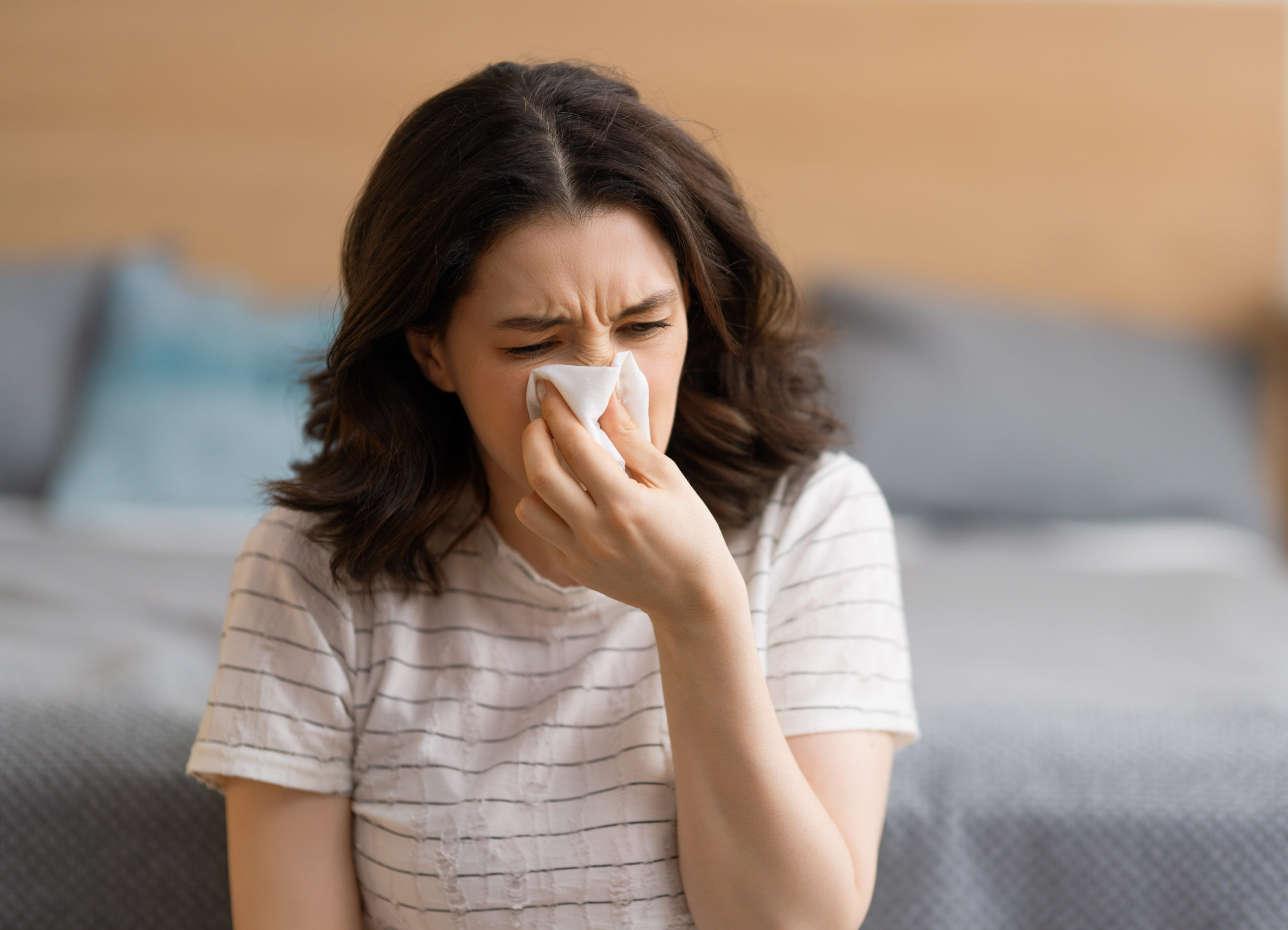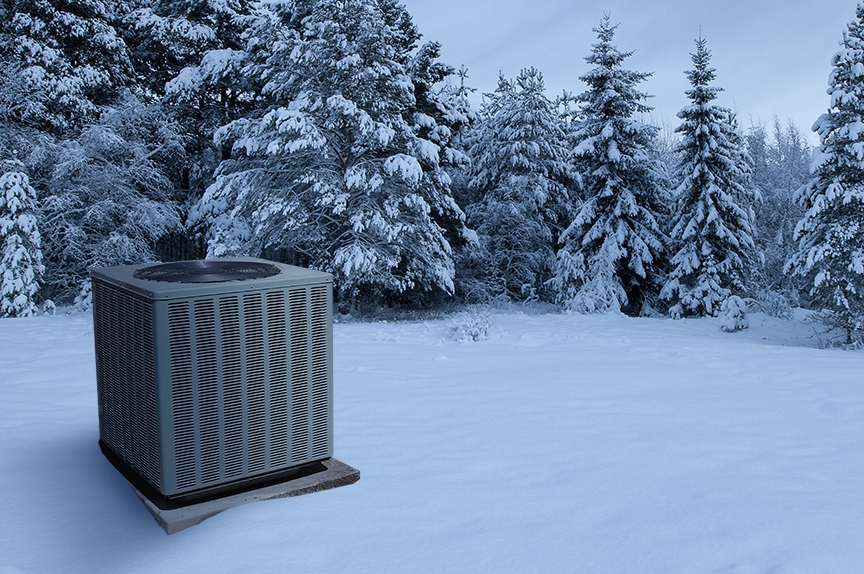
by GroupM7 | Sep 3, 2020 | Blog
What Does REME technology mean for Longview TX? Feb 3, 2012 Ah the musk of mold, a smell so recognizable you just can’t miss it. Earthy, dank, damp, call it whatever you like, but the bottom line? It’s mildew. And it isn’t by any means pleasant news. You are probably...

by GroupM7 | Sep 3, 2020 | Blog
What Does REME technology mean for Longview TX? Feb 3, 2012 It might seem illogical to think that in Texas our AC units can freeze, however contrary to popular belief, they can. One of the first signs that your unit may be frozen over is that it begins to blow hot air...




